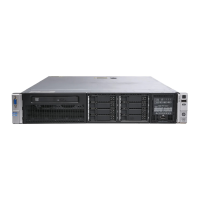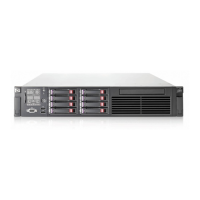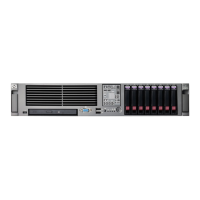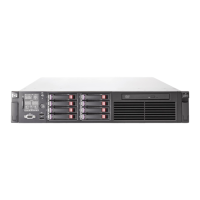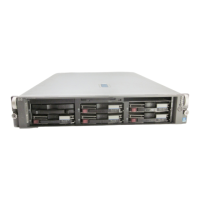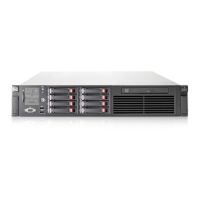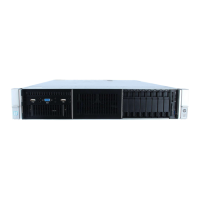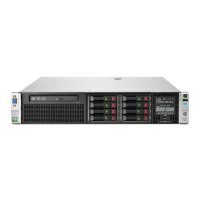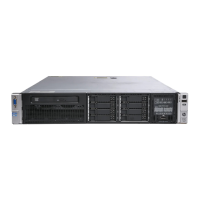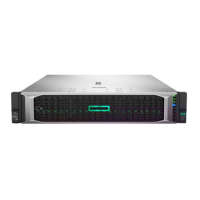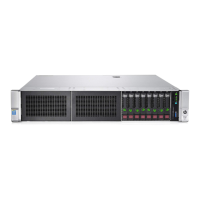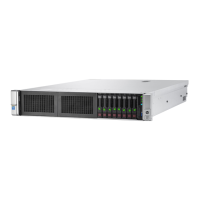HP ProLiant DL380 Generation 3 Server High-Density Deployment
3
Abstract
This white paper is intended for use as a planning guide to expedite the concentrated
deployment of several HP ProLiant DL380 Generation 3 servers. Use this white paper in
conjunction with other documents for the server and rack deployment products. This
paper is intended for Field Systems Engineers (FSEs) and customers (IT managers, system
managers, account managers, and installers).
Executive
Summary
Many business enterprises and service providers use network infrastructure and Web
applications that work best on dedicated servers. This creates the need to fit a large
number of smaller servers into existing server rooms and data centers. HP meets this
need with the density-optimized line of ProLiant servers, such as the ProLiant DL380
Generation 3 server. At a height of 2U each, up to 21 servers can fit in a single 42U
rack. While this server has clear space-saving benefits, its compressed size presents new
challenges for rapid server deployment, as well as cable management and
environmental considerations.
HP engineers have developed innovations in rapid high-volume deployment and
improved cable management for large installations of ProLiant DL380 Generation 3
servers. This white paper introduces planning, power and thermal considerations, server
and rack requirements, and installation configurations. It also outlines the products
associated with high-volume deployment in rack configurations, such as keyboard,
video, and mouse infrastructure.
IMPORTANT: This document principally discusses the ProLiant DL380 Generation 3 server,
the HP branded or Compaq branded 7000-, 9000-, and 10000-series racks, and related rack
options. This document does not discuss other HP servers or products or racks not manufactured
by HP.
Help us improve our technical communication. Let us know what you think about the technical information in
this document. Your feedback is valuable and will help us structure future communications. Please send your
comments to: serverdocumentation@hp.com.
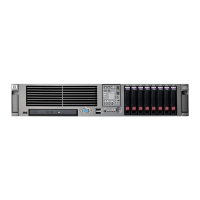
